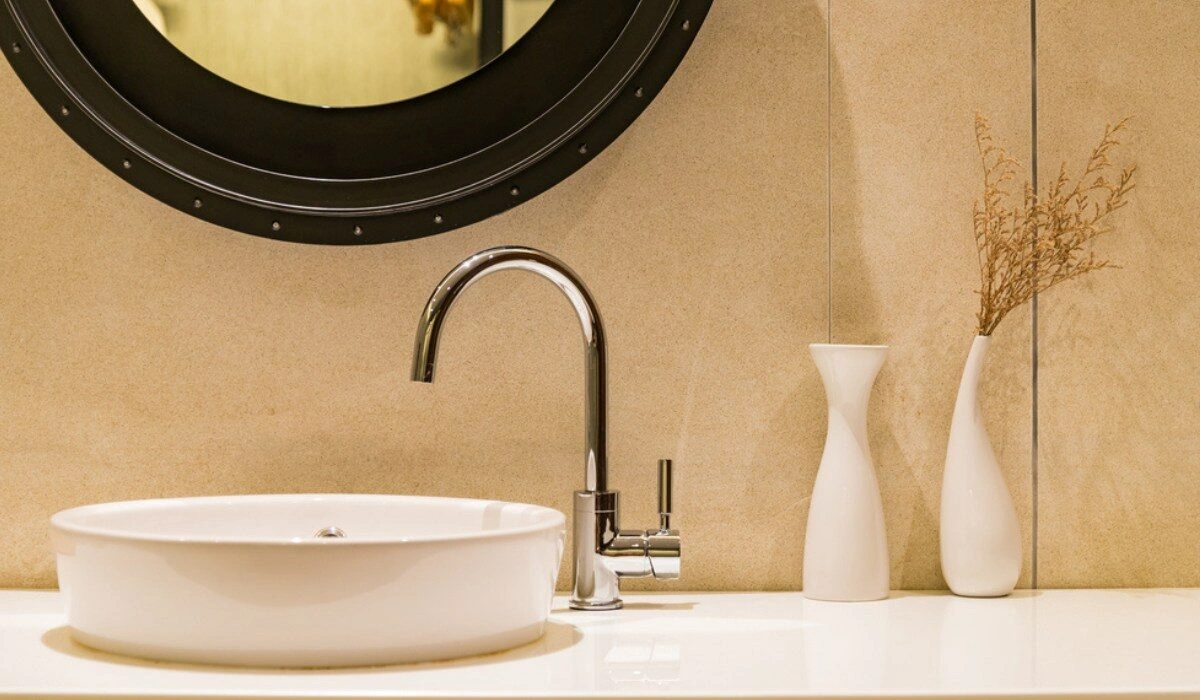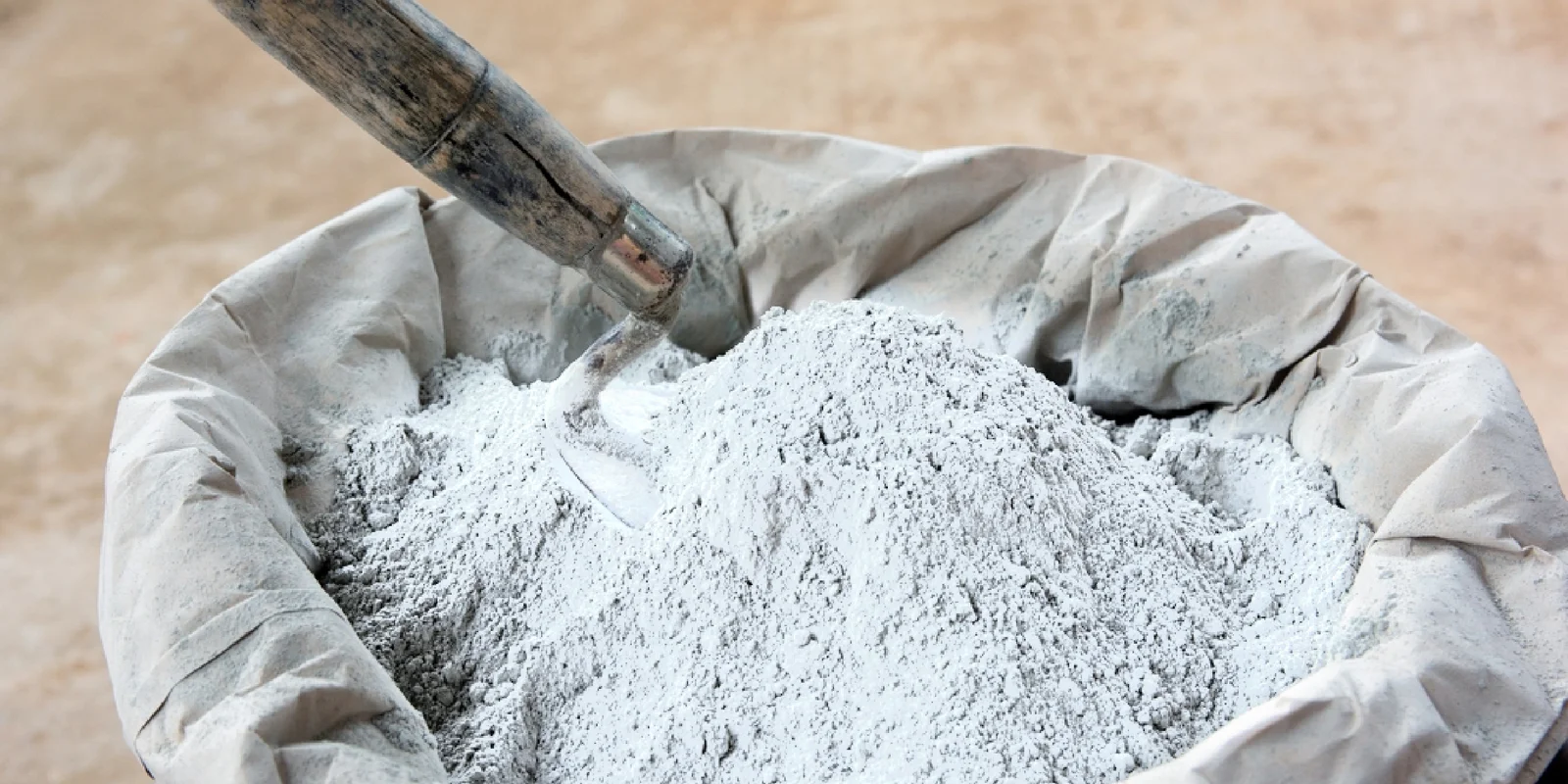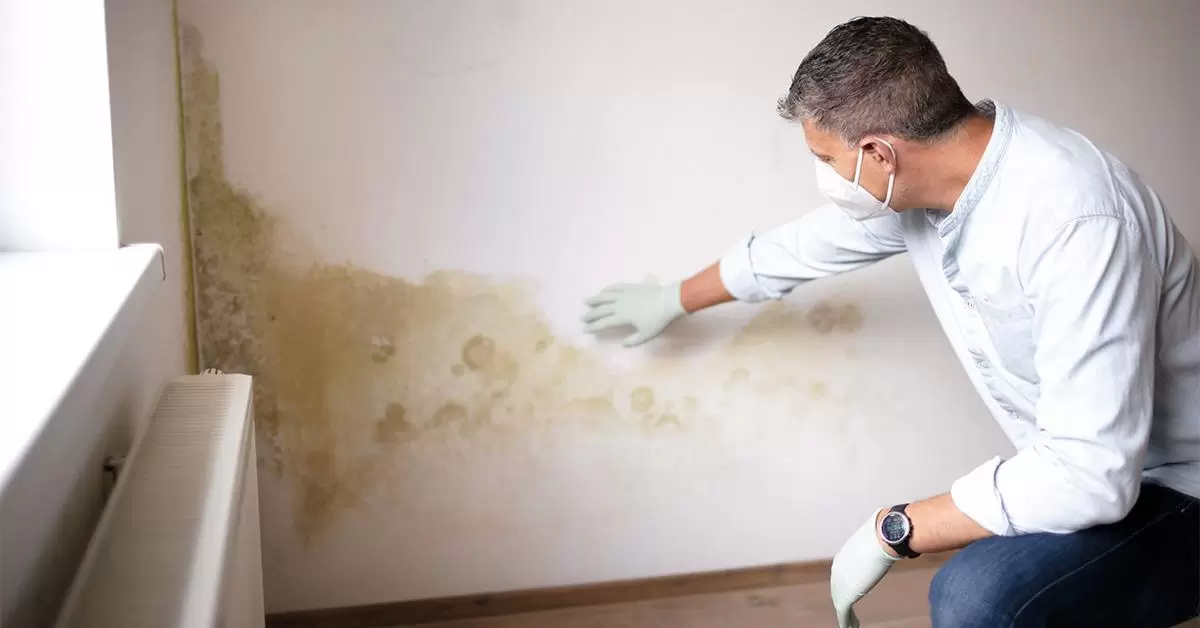Table of Content
▲
Introduction
A sparkling clean bathroom sink is essential for maintaining a hygienic and aesthetically pleasing bathroom. However, with the daily grime, soap scum, and hard water stains, it can be a daunting task to keep your bathroom sink spotless. This comprehensive guide will provide you with effective tips and tricks on how to clean your bathroom sink efficiently, tailored to the specific challenges faced in Indian homes.
Understanding Common Bathroom Sink Issues in India
Before diving into the cleaning methods, it's important to understand the common issues faced by Indian households when it comes to bathroom sinks:
- Hard water stains: Hard water, prevalent in many Indian regions, leaves behind mineral deposits that can be stubborn to remove.
- Soap scum buildup: The residue from soaps and shampoos can accumulate over time, creating a slimy film on the sink surface.
- Rust stains: If your bathroom fixtures are made of metal, rust stains can appear, especially in areas with high humidity.
- Hair and debris: Hair, toothpaste, and other debris can clog the sink drain and create unpleasant odors.
Essential Cleaning Tools and Supplies
To effectively clean your bathroom sink, you'll need the following tools and supplies:
- Soft, non-abrasive cloth or sponge
- Microfiber cloth
- Baking soda
- White vinegar
- Lemon juice
- All-purpose cleaner
- Rubber gloves
- Old toothbrush
Also Read: How to reduce kitchen heat in summer?
Step-by-Step Cleaning Guide
- Remove any standing water: Before starting, ensure the sink is empty of water.
- Clean the drain: Use a drain snake or a plunger to unclog the drain if necessary. Alternatively, pour a mixture of baking soda and vinegar down the drain to dissolve any buildup.
- Scrub away grime: Apply a generous amount of all-purpose cleaner to the sink surface and scrub gently with a soft cloth or sponge. Pay attention to areas with stubborn stains or buildup.
- Tackle hard water stains: For tough hard water stains, create a paste of baking soda and water and apply it to the affected areas. Let it sit for a few minutes before scrubbing and rinsing.
- Remove soap scum: Mix equal parts white vinegar and water in a spray bottle. Spray the solution onto the sink and let it sit for a few minutes before wiping it clean with a microfiber cloth.
- Address rust stains: Apply lemon juice to rust stains and let it sit for a few minutes. Then, scrub gently with an old toothbrush before rinsing thoroughly.
- Clean the faucet: Don't forget to clean the faucet and its handles. Use a soft cloth dampened with all-purpose cleaner to remove any grime or mineral deposits.
- Dry the sink: To prevent water spots and mildew growth, dry the sink completely with a microfiber cloth after cleaning.
Additional Tips for Maintaining a Clean Bathroom Sink
- Regular cleaning: Make it a habit to clean your bathroom sink daily or every other day to prevent grime buildup.
- Use a drain strainer: Place a drain strainer in the sink to catch hair and other debris before they clog the drain.
- Avoid harsh chemicals: While strong chemicals can be effective, they can also damage the sink's surface. Opt for natural cleaning agents like baking soda and vinegar whenever possible.
- Prevent hard water stains: Install a water softener or use a water-softening showerhead to reduce hard water buildup.
- Dry the sink after use: Always wipe the sink dry after using it to prevent water spots and mildew.
Conclusion
By following these steps and tips, you can effectively clean your bathroom sink and keep it sparkling for a long time. Remember, regular maintenance is key to preventing stubborn stains and buildup. With a little effort, you can have a beautiful and hygienic bathroom sink that enhances the overall appeal of your space.
Also Read: How to Prevent Pest Infestation During the Monsoon Season









_1771582392.webp)
_1771577585.webp)
Ans 1. If you want to know how to keep the bathroom sink clean daily, you should always have a canister of Lysol® Disinfectant Wipes nearby. These are specially crafted so you can clean and disinfect your bathroom sink with efficacy. They eliminate 99.9% of bacteria and viruses.
Ans 2. Pros: Porcelain, or enamel, sinks are a strong option that will hold up well over time. Naturally non-porous, porcelain is low maintenance and very easy to clean.
Ans 3. Citric AcidIt is commonly used for cleaning bathroom fixtures, such as sinks and showerheads. And despite it being a “natural” option, citric acid is effective in removing hard water stains and rust buildup on bathroom tiles. Citric is also biodegradable, making it an environmentally friendly choice for cleaning.
Ans 4. Sprinkle the sink and faucet with a generous quantity of baking soda. Then, scrub with a slightly damp sponge. (Avoid steel wool or pumice stones, which are abrasive and may scratch up your sink.) The baking soda will form a clumpy paste that removes stubborn stuck-on food and lingering odors.
Ans 5. A daily wipe-down with a damp cloth or a cleaning-solution wipe can help deter some of the worst gunk, but you should plan to do a deeper clean about once a week. For a spot-free sink, you'll need to tackle bacteria, stains, and unpleasant odors with the help of an effective bathroom cleaner and gentle scrubbing.